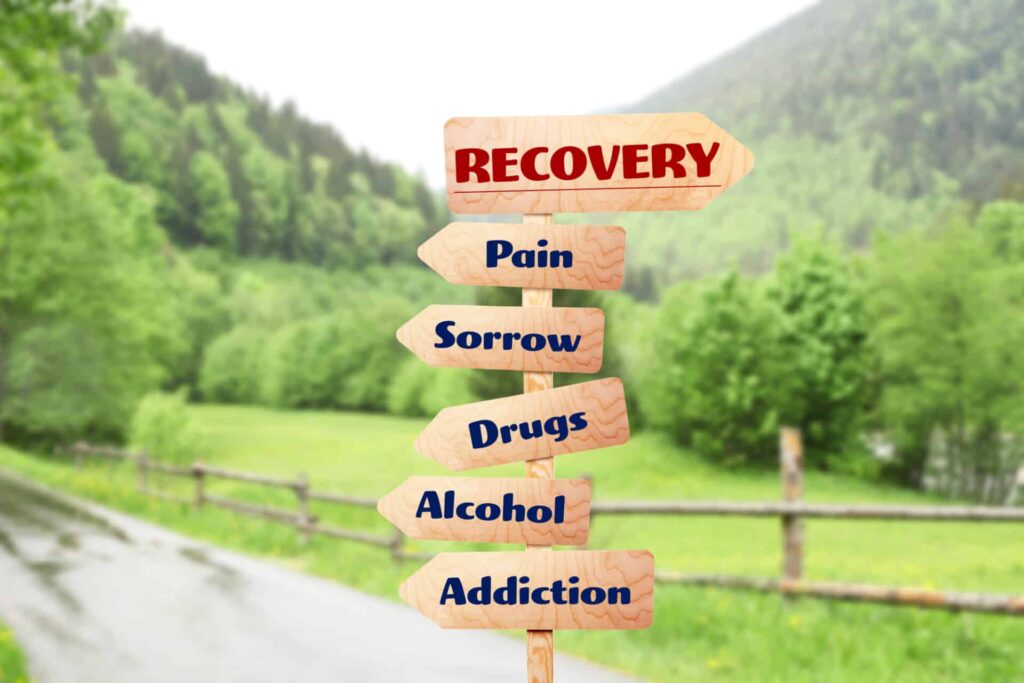Targeted fentanyl addiction treatment focuses on safe detoxification.
Targeted fentanyl addiction treatment focuses on safe detoxification.
Blog Article
Comprehensive Addiction Therapy Options: An Overview to Alcoholism Recovery and the Duty of CBT
In the realm of alcoholism healing, the adoption of Cognitive Behavior modification (CBT) along with standard detoxification and rehab methods has actually marked a substantial evolution in therapy paradigms. This incorporated technique not only resolves the physical elements of dependence but additionally explores the emotional battleground where most regressions occur. By furnishing people with tools to improve maladaptive ideas and reactions, CBT boosts the efficiency of their recuperation journey. Yet, the integration of such treatments increases interesting questions regarding their collaborating potential.
Exploring the Spectrum of Alcohol Dependency Therapies

The Scientific Research and Performance of Cognitive Behavioral Therapy in Dependency Recovery
Amongst the various restorative strategies for alcohol addiction healing, Cognitive Behavioral Treatment (CBT) stands out because of its well-documented efficiency. CBT operates the concept that maladaptive actions and ideas add to the upkeep of dependency. By restructuring these thoughts and promoting healthier behavior actions, CBT help individuals in managing triggers center drugs and minimizing regression prices. Research supports CBT's efficacy, showing significant improvements in coping techniques and a reduction in compound use among participants. This therapy is commonly time-limited, entailing sessions that concentrate on specific skills what to take for suboxone withdrawal like problem-solving or tension administration, which are necessary for long-term recovery. Moreover, CBT's adaptability makes it suitable for a varied variety of individuals, further validating its function as a foundation in addiction treatment strategies.
Incorporating CBT With Other Recuperation Approaches for Ideal Outcomes
While Cognitive Behavioral Therapy (CBT) verifies very effective in treating addiction, integrating it with various other healing approaches can enhance treatment outcomes. Furthermore, integrating peer support teams with CBT urges sharing experiences and common understanding, which bolsters emotional resilience and recovery dedication. drug rehab new york Household therapy can likewise match CBT by boosting interaction and fixing partnerships influenced by addiction.

Final Thought
Finally, thorough dependency treatment for alcohol healing entails a multifaceted technique that incorporates clinical, psychological, and alternative techniques (meth addiction treatment). Cognitive Behavior Modification (CBT) stands apart as a vital part, dramatically boosting the efficiency of recuperation by attending to damaging idea patterns and actions. By integrating CBT with other therapeutic methods, individuals are supplied a robust support group, boosting their chances of sustained healing and promoting general psychological resilience within a supporting community atmosphere
Report this page